The Benefits of Being Bi-Cultural
Being a bi-cultural family can have its fair share of challenges. Think disagreements in parenting (should the baby wear socks in the summer?) and traditions (how big does this 1st birthday part need to be?). It might mean never feeling home, or always missing the other home. But there are of course many benefits, and today I’m sharing five that I’ve seen in our family and friends.
1. Bi-culturalism promotes a posture of curiosity.
Rather than seeing other cultures and traditions as threatening or suspicious, bi-cultural kids and people tend to be curious. Whether or not they ultimately embrace an idea or tradition, they are able observe and consider with openness. We have a friend from Mexico who throws wonderful parties and the families there are a mix of all different places.When we talk about anything, you will constantly hear, “Well, how is it in the Netherlands?” or “Do they do that in Cuba?” Genuine interest is evident and makes for wonderful, unexpected friendships.
2. Bi-culturalism makes multilingualism more likely.
This isn’t always a given, but it sure makes raising bilingual or multilingual kids a heck of a lot easier, doesn’t it? Had I married an English-speaking American, I would have likely tried to teach my kids Spanish and expose them to Hispanic culture. Thanks to meeting and marrying my Peruvian husband Pocho, though, raising bilingual kids is just a natural part of family life at home. (My Spanish has gotten way better too!) Talking to in-laws in our second languages over a bad Skype connection is still the WORST for both of us, and it has meant some frustrating years for Pocho, trying to study and work here. Hopefully, our little bilingual kids will make that worth it.
3.Bi-culturalism teaches kindness.
I want my children to be kind. Kindness can be gentleness, consideration for others or friendliness. When we first moved here, I loved when Pocho met my friends who had lived in other cultures. They were always so considerate of the massive effort it took for him to speak, make a joke, or navigate a social event. I’d like for my kids to be empathetic, not dismissive of people who are different, because they know so well that people are complex and full of stories they don’t know yet.
4. Bi-culturalism makes us aware that how we live is not the only way.
I think this perspective is an incredible gift. Life is richer, and open to good when we know ours is not the only way. We can learn from the good in other places and people; we can examine our own assumptions and customs more thoughtfully. Even though being in a bi-cultural marriage can feel isolating sometimes, I love how it’s deepened my take on what is “normal.” It makes me thankful for the things I love and take for granted, here, and makes me long for what I admire in other place.
So, what if your family isn’t bi-cultural? What can you do to experience these benefits in your family? Travelling would be the obvious answer, but it doesn’t even have to be that complicated. Read good books about other places and times. Make friends from different cultures and be curious. Learn a second language and study as a family. Listen to news about the whole world, from different perspectives. Make it your practice as a family to compare and contrast how we do things with how other people do those things. You might be surprised how much you learn!
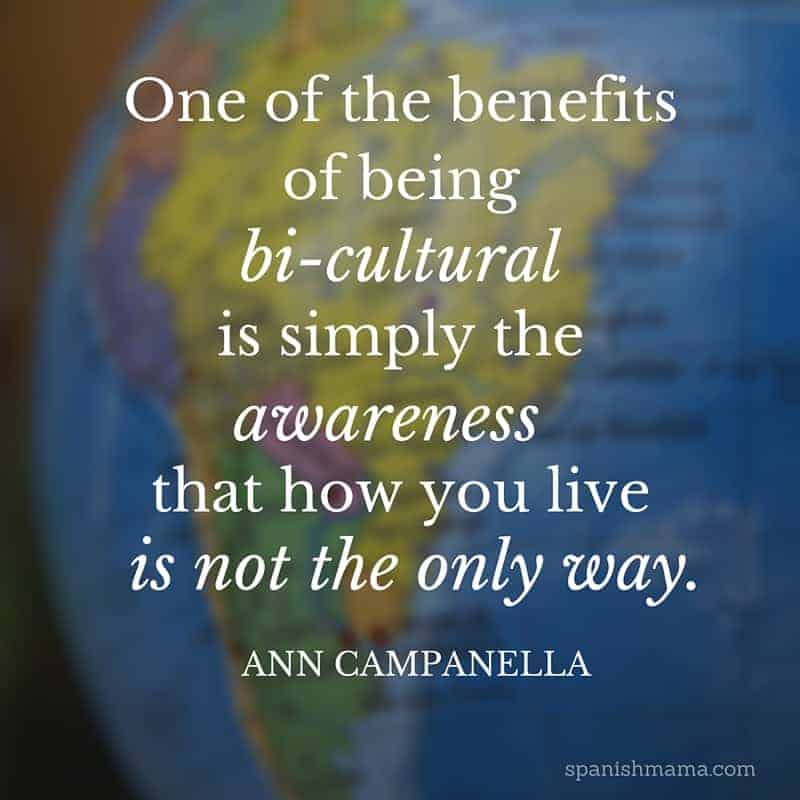
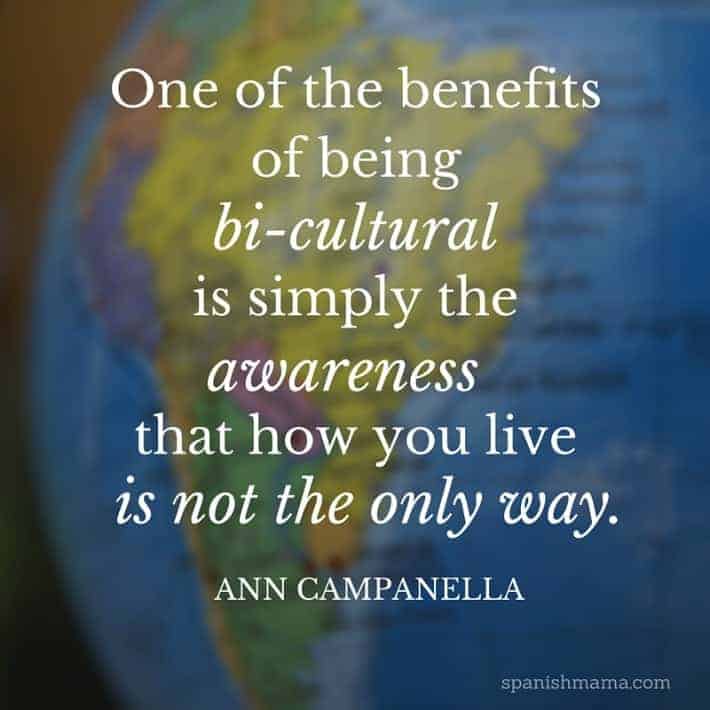
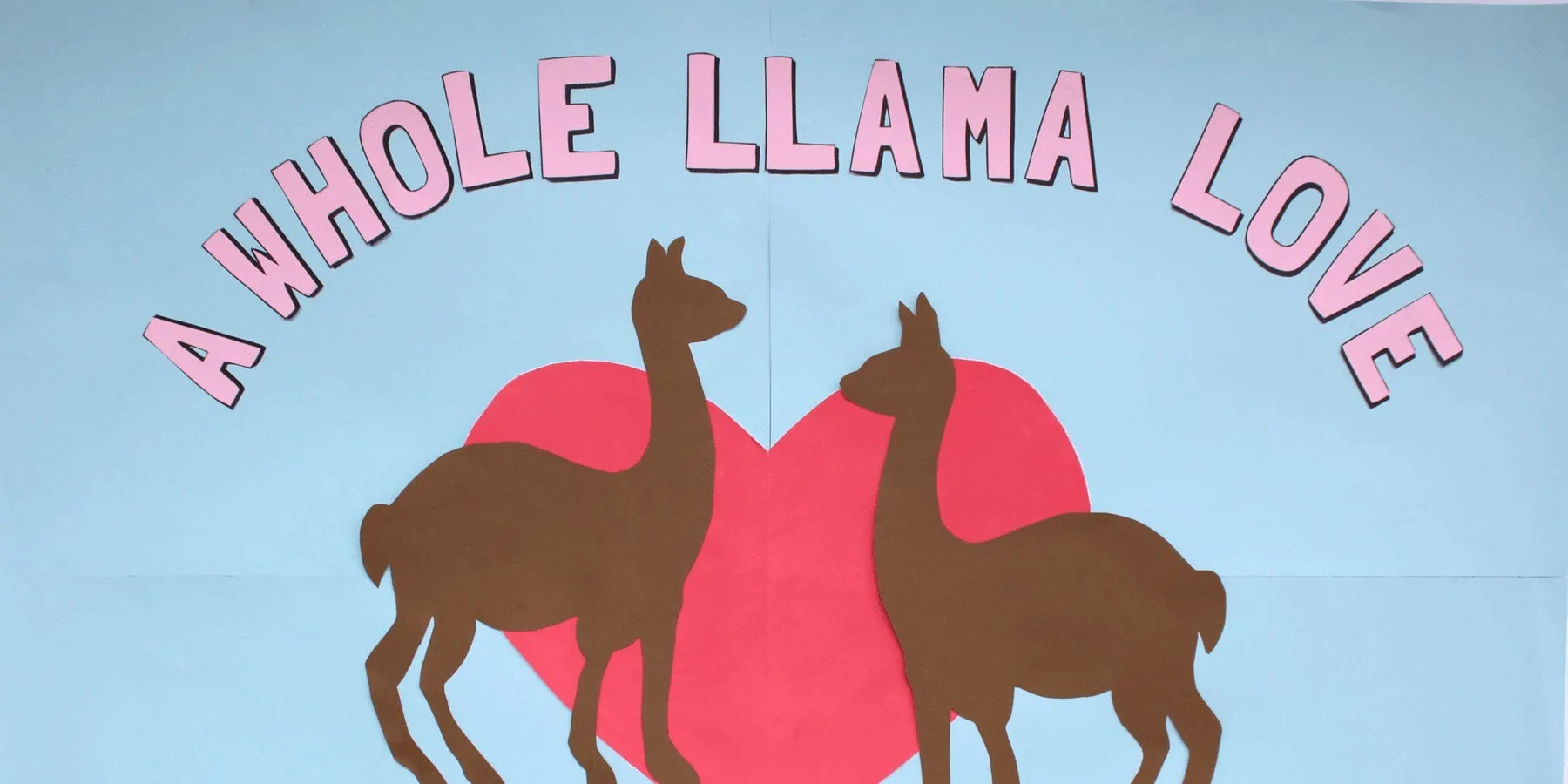
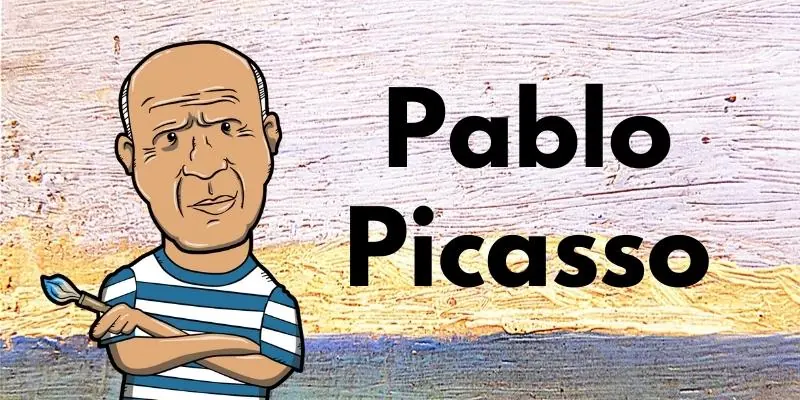
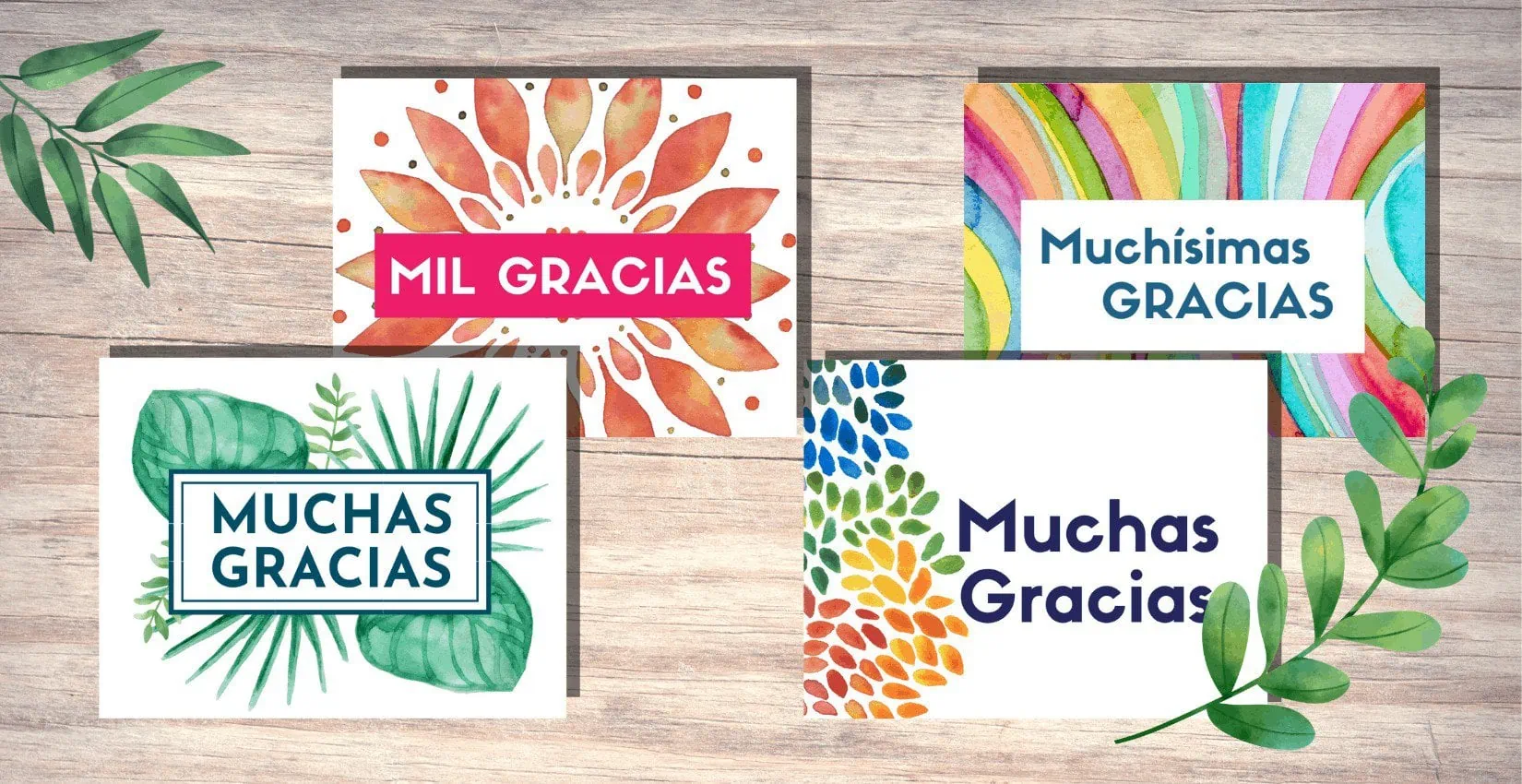

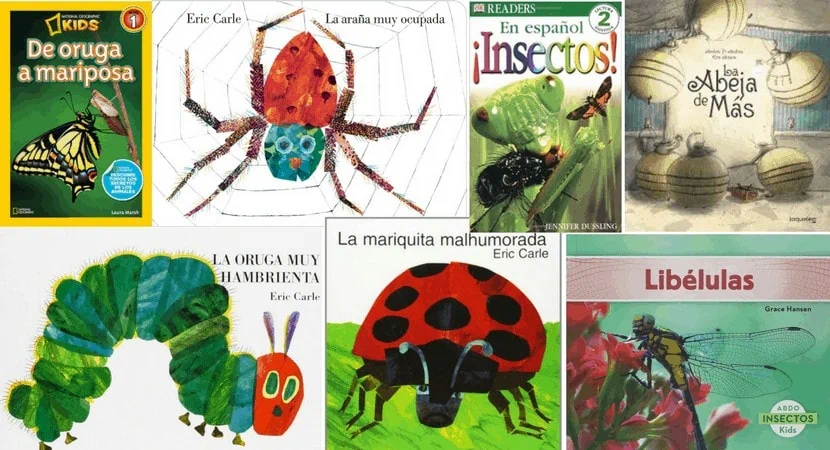
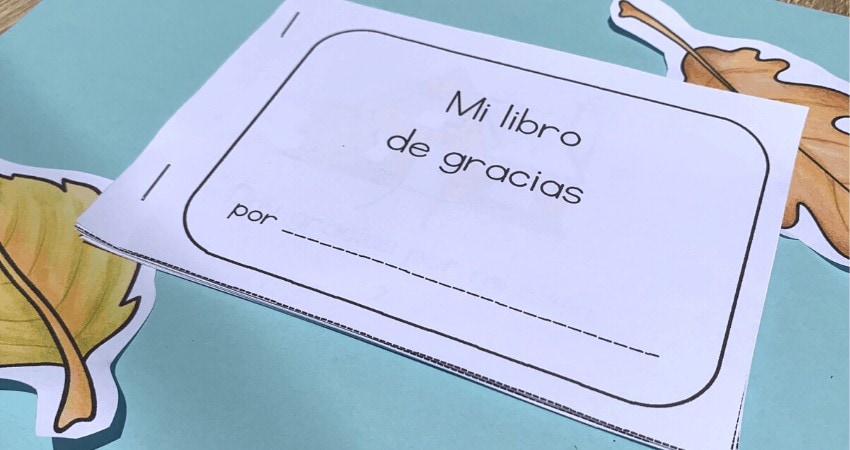
One Comment